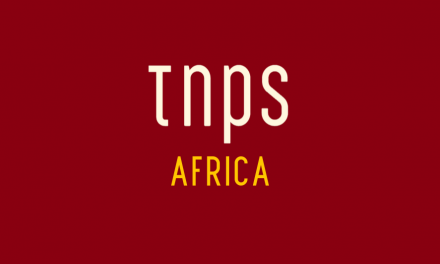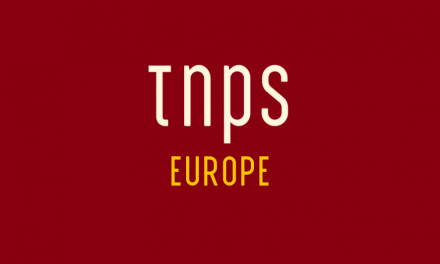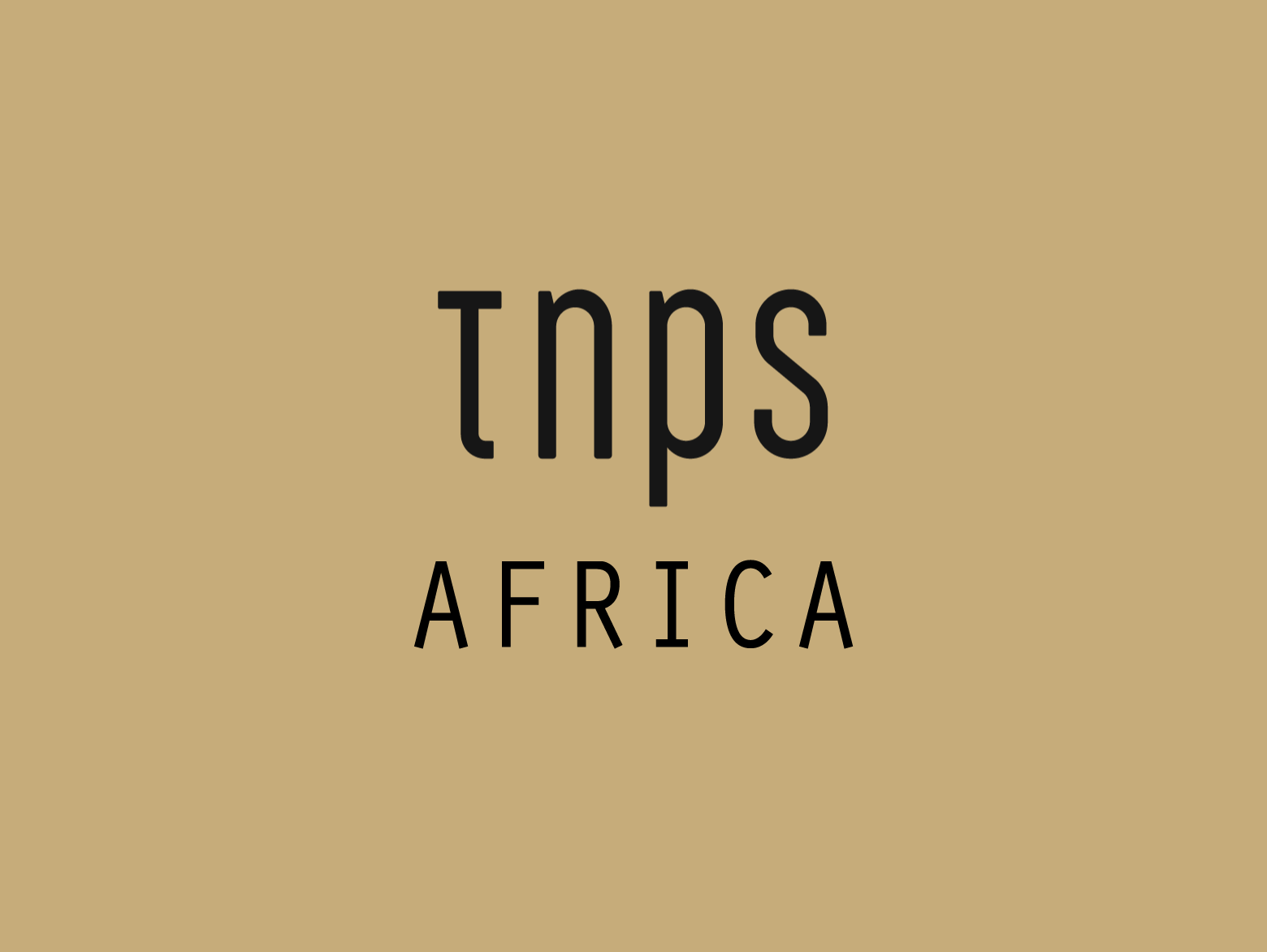It was a confrontation waiting to happen, and perhaps the real surprise here is that it hasn’t happened sooner.
Storytel has long since established itself as the market leader in audiobook subscription, and an essential component of any publisher’s marketing strategy. Not least of the Swedish publishing giant Bonnier.
But from the day Bonier launched its own, rival audio subscription service Bookbeat it was just a matter of time before the two companies clashed.
With its dominant market share Bonnier could not afford to keep its titles off the Storytel platform, but such a powerful catalogue gave Bonnier some leverage over Storytel in determining royalties, and as we earned last year, Storytel had one rate for Bonnier and another for smaller players.
But at the same time Bonnier’s Bookbeat was gathering momentum.
That report in turn takes on new significance in light of the news that Storytel is to launch in Germany this summer.
Which brings us to this week, when Svenk Bohkhandel broke the news that Bonnier was boycotting Storytel for its new releases.
(Camilla Läckberg’s latest title) A cage of gold is released tomorrow, April 11th. For a week, Bookbeat’s subscribers can listen to parts of the book. But while the Bonnier-owned service is launching its campaign, the book will not be available at the competitor Storytel.
Sara Börsvik, Operations Manager at Bonnierförlagen, comments in an email to SvB:
“Right now, at Bonnierförlagen, we are not in agreement with Storytel about either compensation levels ahead or how we should work together with our titles. The fact that the dealer works actively with our books is a prerequisite for cooperation and at present, Storytel does not do this. Therefore, we will not release new titles to them until further notice.”
The book will be available at Nextory, Adlibris and Bokus.
Dan Panas, communications and public relations manager at Storytel saw things differently.
What Bonnier right now requires is that Storytel should lose money on every listening to Bonnier’s new titles.
That being said, we will do our utmost to ensure that we and hundreds of thousands of Swedish audiobook lovers will have a good agreement with Bonnier, and our door stands wide open for serious negotiations.
Börsvik concurs on that, at least:
We hope that together with Storytel we will find a good way forward shortly.
Per Pekå Englund, in a Svensk Bokhandel editorial, said,
Storytel and Bonniers are in the middle of an audiobook war.
On April 8, an infected thread started in the Facebook group “Talk about audio books”. Camilla Läckberg’s new book A cage of gold suddenly did not remain in the bookshelf of the customers who downloaded it and waited for the release.
The answer is sensational:
The Bonnier publishers have stopped their new titles for Storytel.
Bonniers is openly dissatisfied with the level of compensation ahead and also does not think that Storytel works sufficiently actively with Bonnierförlagers titles.
For this there is no other word than audiobook war. Who brakes first?
Jonas Tellander at Storytel or Håkan Rudels at Bonnierförlagen?
Both will lose money on this short term.
The question is who will be the winner in the long run.
But for me there are two other questions arising here also.
First, would Bonnier – or any other publisher – be able to do this without the benefit of its own audiobook platform? If Håkan Rudels were reliant on Nextory, Bokus and Adlibris might there have been a very different path followed?
And following on from that, perhaps the bigger question still is, what impact will this dispute have on Storytel’s global ambitions as publishers around the world prepare to sign contracts with Storytel as it expands in Latin America and SE Asia, and into markets beyond?
A quick resolution to this conflict is in the best interests not only of consumers and of the two parties at war, but of the wider publishing industry.
Because the bottom line is, while the detail will vary from country to country and from publisher to publisher, the unlimited consumption subscription model is the only viable option currently available for the emerging markets where fixed unit prices or restricted consumption will act as a deterrent to audio take-up.





